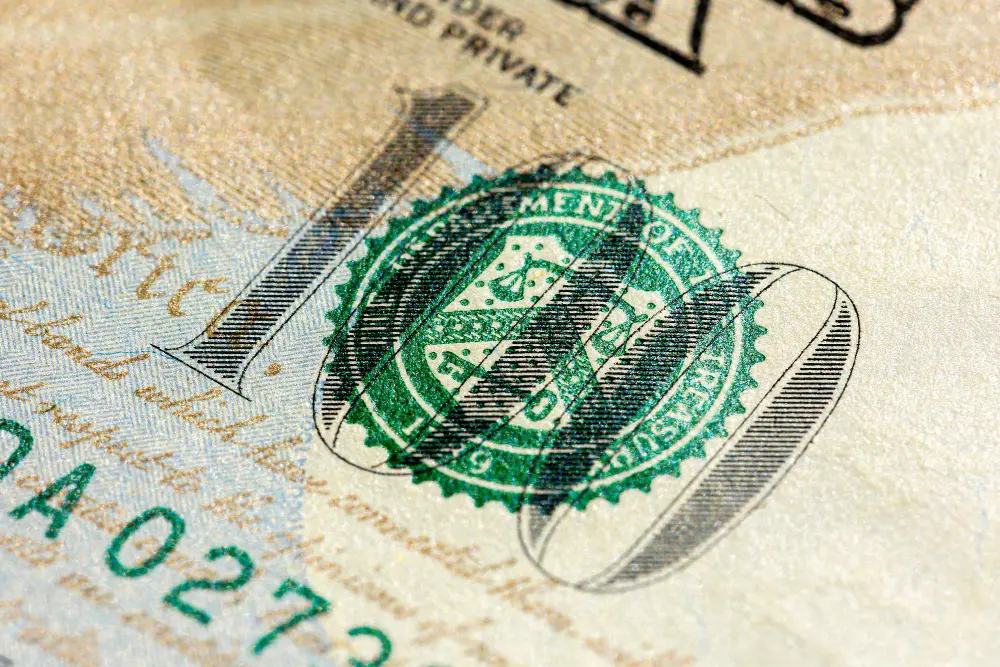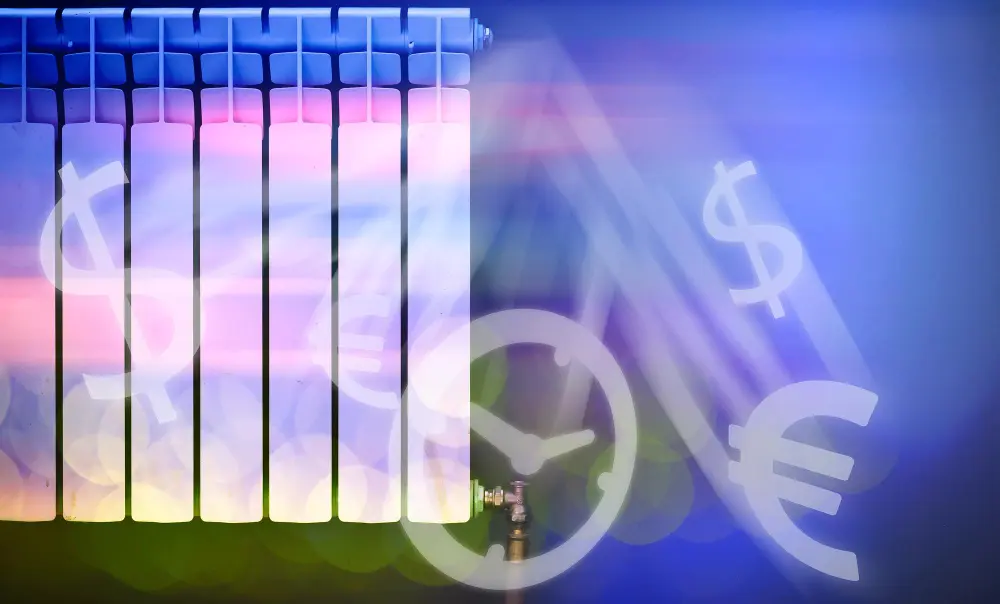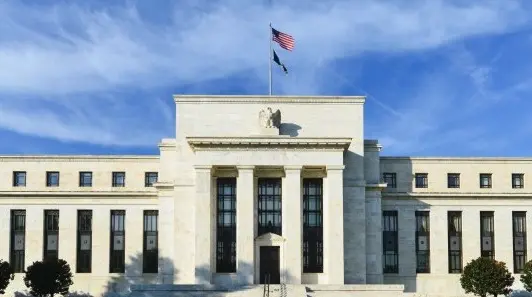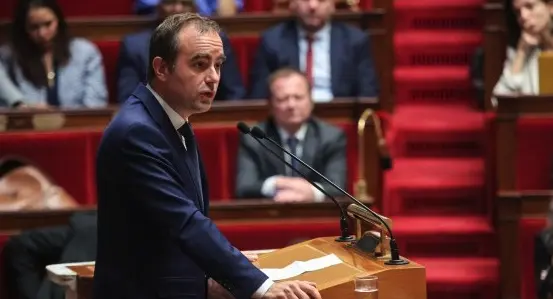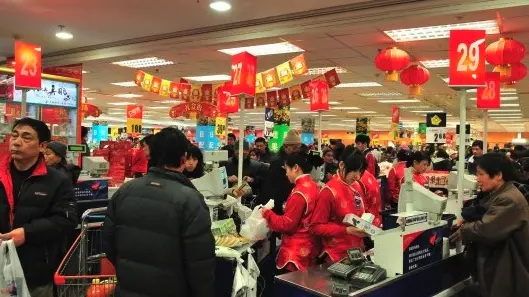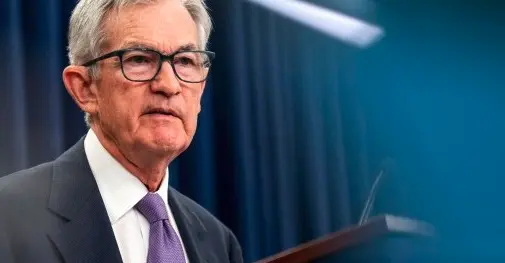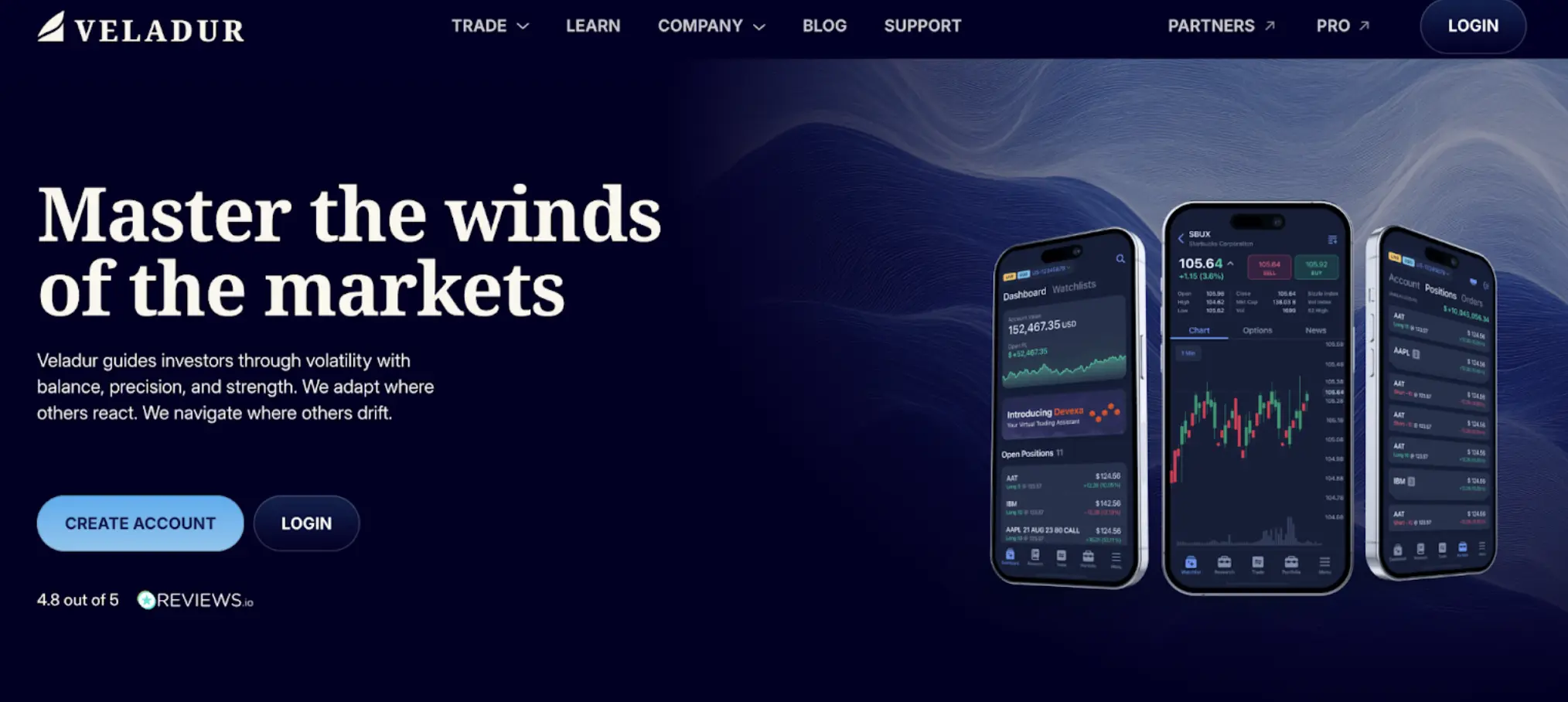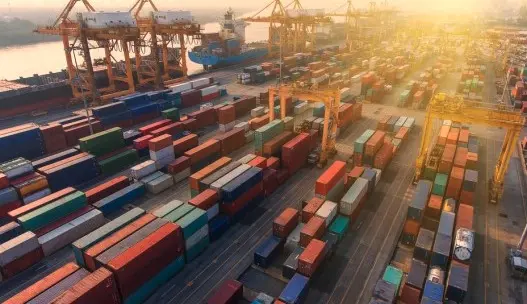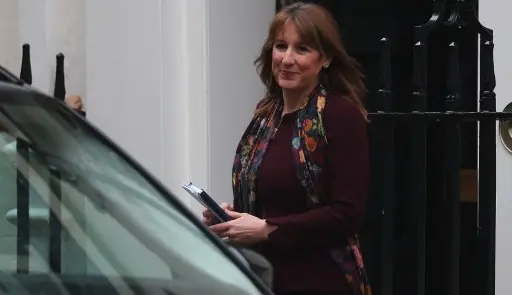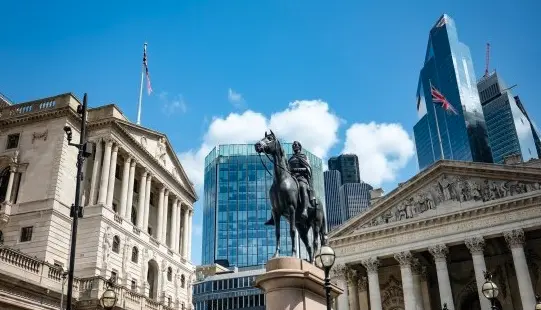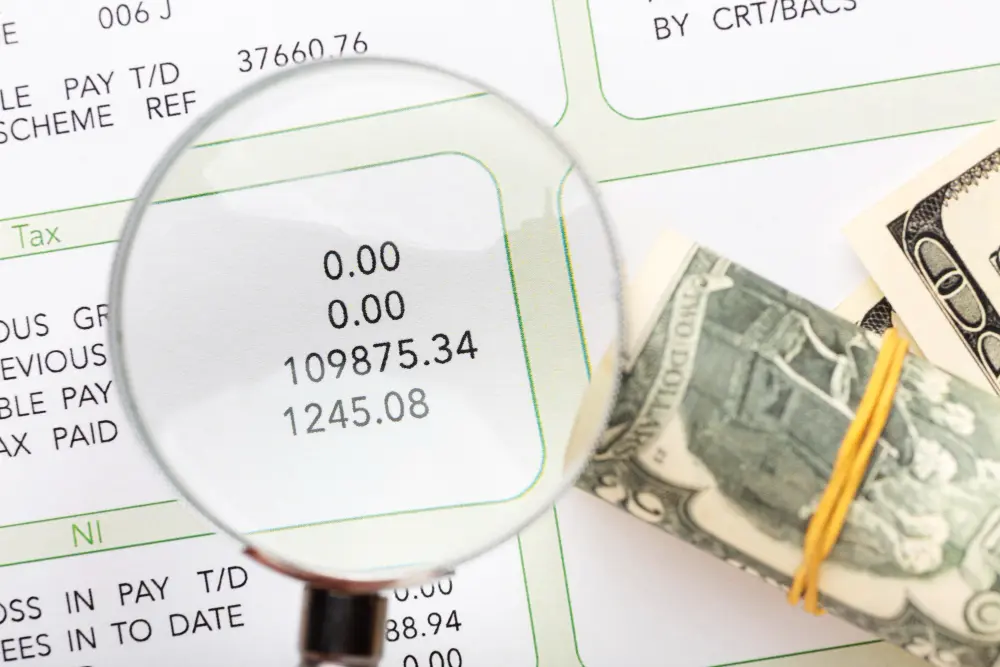Some might call it 'blackmail'
It's August, so our regular ING Monthly is shorter than normal, and while so many people are at the beach or in the mountains, there's no break from the trade and tariff saga. Mind you, seemingly hard deadlines are proving to be more flexible than initially thought. Since 'Liberation Day', we have seen numerous deadlines for US trading partners to comply with American demands. However, the consequences of non-compliance remain ambiguous. Despite the flexibility of these initially strict deadlines, it would be a mistake to assume that 'Trump Always Chickens Out,' as financial markets have described the pattern of tough words followed by soft actions.
Instead, we are in the midst of an economic power play, which some might even call blackmail. The longer it lasts, the more everyone seems to get used to it. President Trump's tariff threats have evolved into an economic power play, pushing US trading partners into making billion-dollar investments in the US to maintain access to the country's market. This strategy effectively imposes a double tariff: the headline tariff on exports to the US and the money invested in America itself, which can no longer be spent at home.
In other words, Trump is demanding that trading partners show him the money in the form of investment pledges or face astronomically high tariffs. This raises the question of whether trading partners are becoming trade hostages.
When a deal's not really a deal
It’s unclear whether investment aspects of trade talks will move beyond headline figures and vague commitments. Unlike tariffs, which are straightforward to enforce, investment pledges and purchase commitments are harder to monitor, especially since entities like the EU lack the authority to guarantee them, leaving delivery to corporations. Japan and South Korea’s promises are mainly in the form of loans.
This raises questions about how the U.S. might respond if countries fall short. And even with a deal - and I'm looking at you, Switzerland - the tariff issue persists. For Trump, tariffs are a versatile tool, used well beyond trade balance concerns.
We can only guess at the long-term implications of such economic power play. Disrupted supply chains, strained diplomatic ties, economic selfishness, and less efficient global trade are just a few things to come to mind.
Dancing to different tunes
Markets struggle to incorporate longer-term structural changes into their prices. Often, the reflex is to ignore until something breaks. And that's why their attention now is almost entirely on whether the US economy will slow down. The tariff back-and-forth means they've only increased gradually since the start of the year, and the true effects will take time to unfold. But they're happening - just look at the cooling labour market, which is a lagging indicator - and it's why our James Knightley has revised our Fed outlook; we're now expecting rate cuts from next month.
Beyond the economy, Adriana Kugler’s resignation from the Fed gives President Trump an unexpected opportunity to appoint a 'preferred' candidate, who could possibly replace Jerome Powell. While the Fed may soon engage in a series of rate cuts, the ECB sees itself comfortably in a 'good place', citing eurozone resilience and 2% inflation. It would appear that the bar for additional rate cuts in the eurozone has been raised.
But tariffs will impact the eurozone just as their adverse effects will be seen in America, and the ECB may be premature in declaring any victory. In this global economic power play, eurozone monetary policy offers a rare moment of calm.
Last Sunday, my favourite radio station presented the Top 100 songs with one-word titles. While I am not aware of a song titled 'tariff,' the Top 10 included 'Sabotage,' 'Hurt,' 'Help,' 'Respect,' 'Imagine,' and 'Heroes.' Do your own pub quiz to find the songs, but to me, it felt like the soundtrack for the global economy in 2025.





